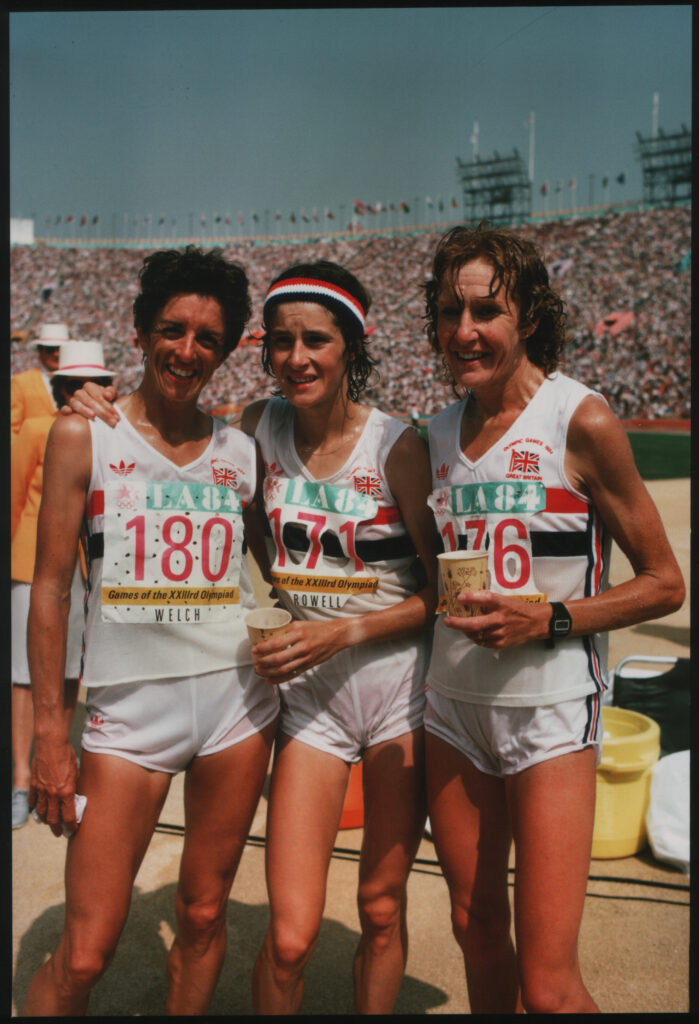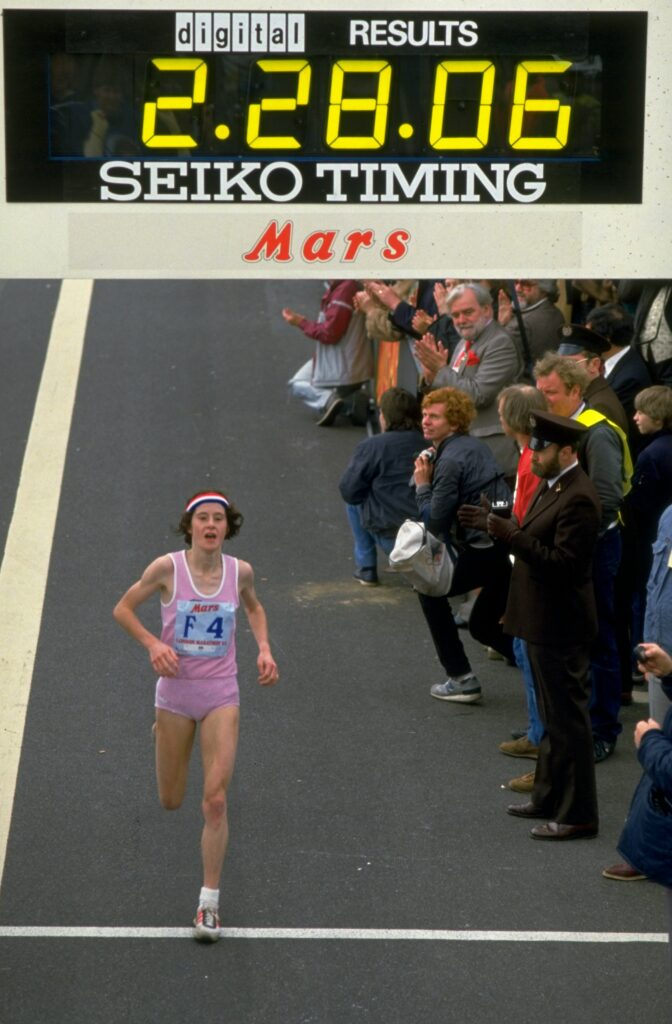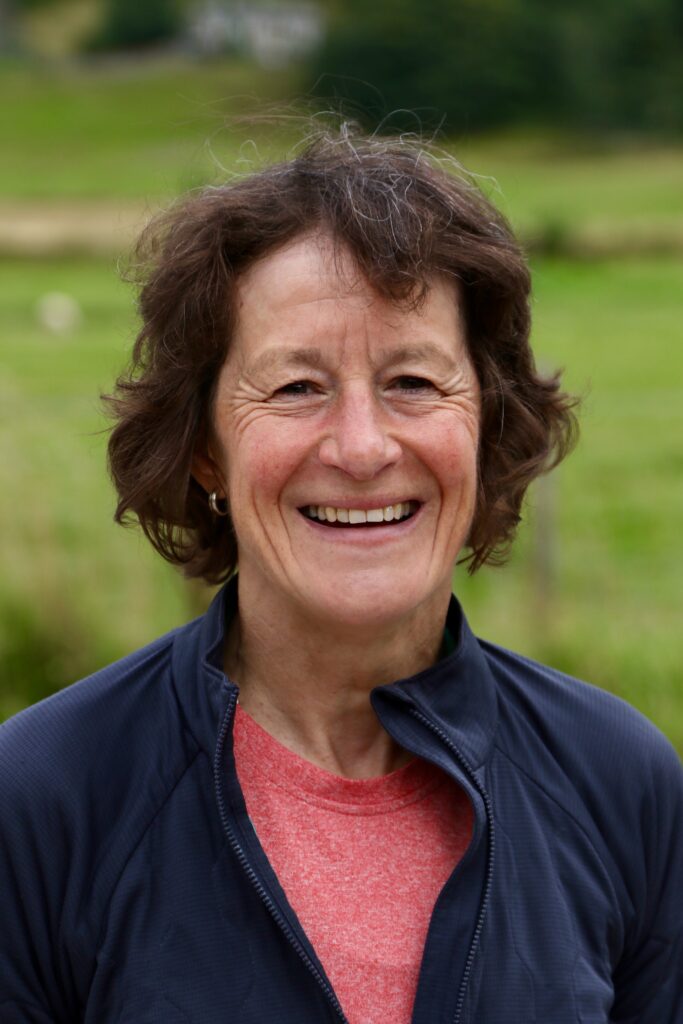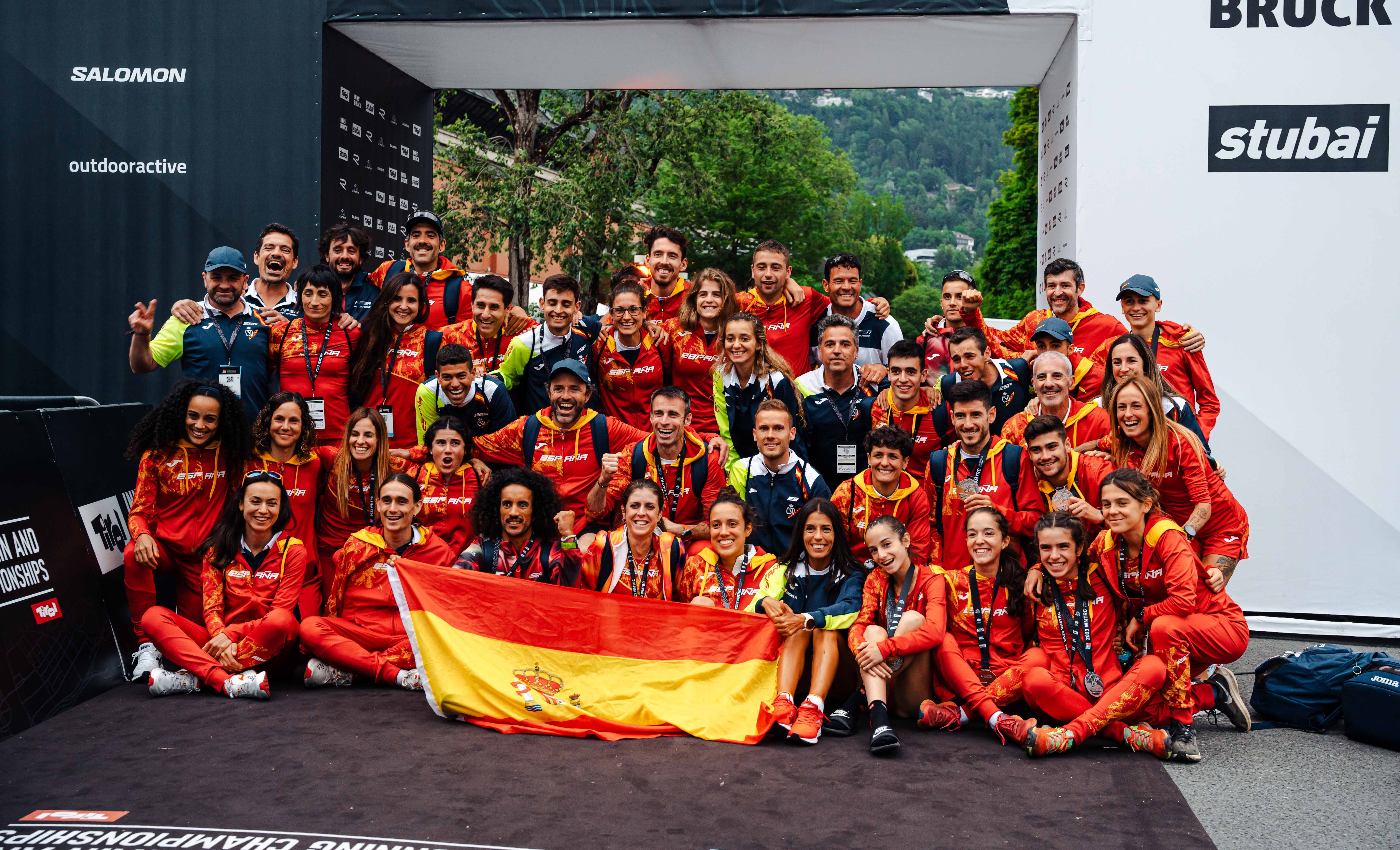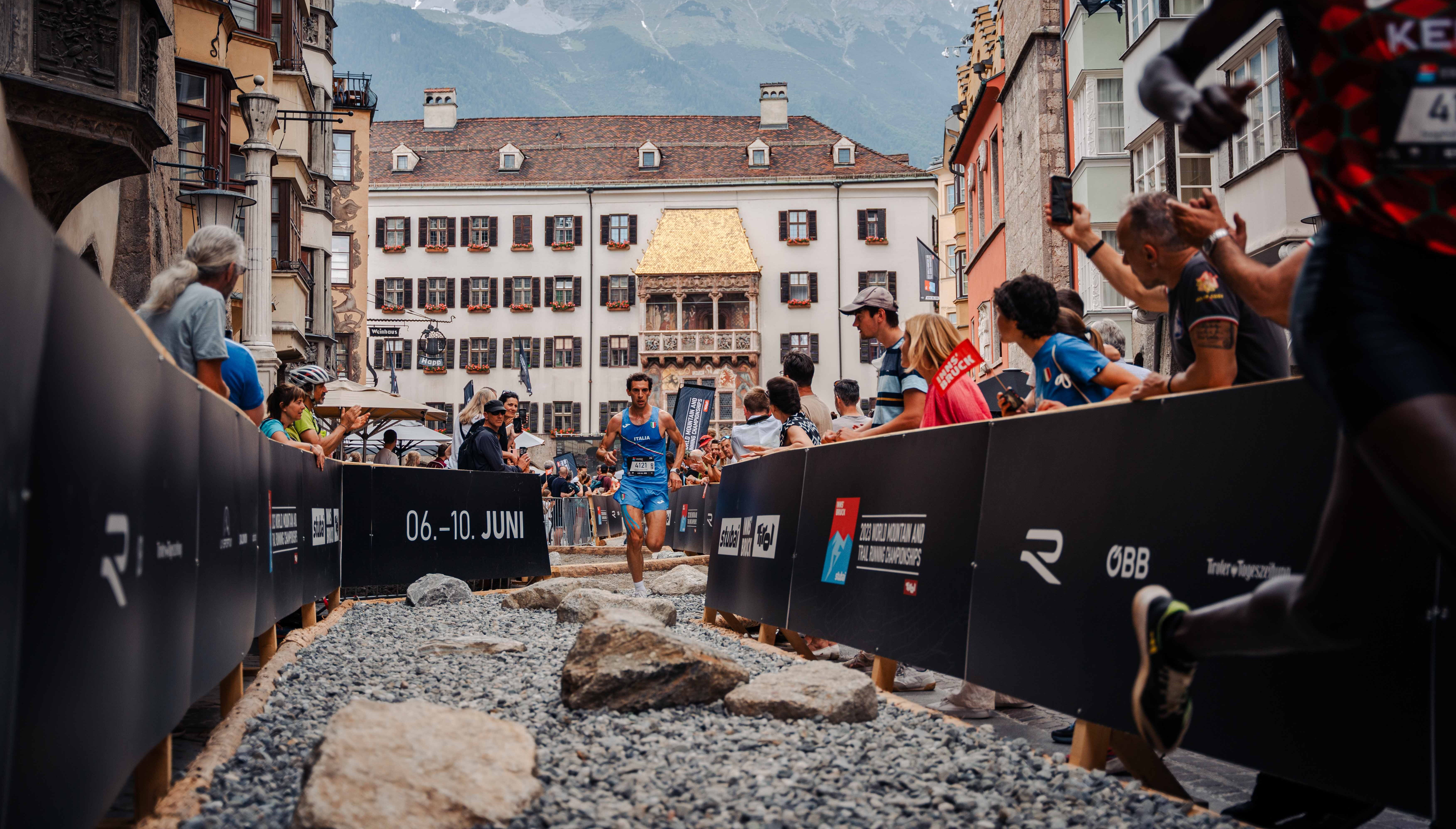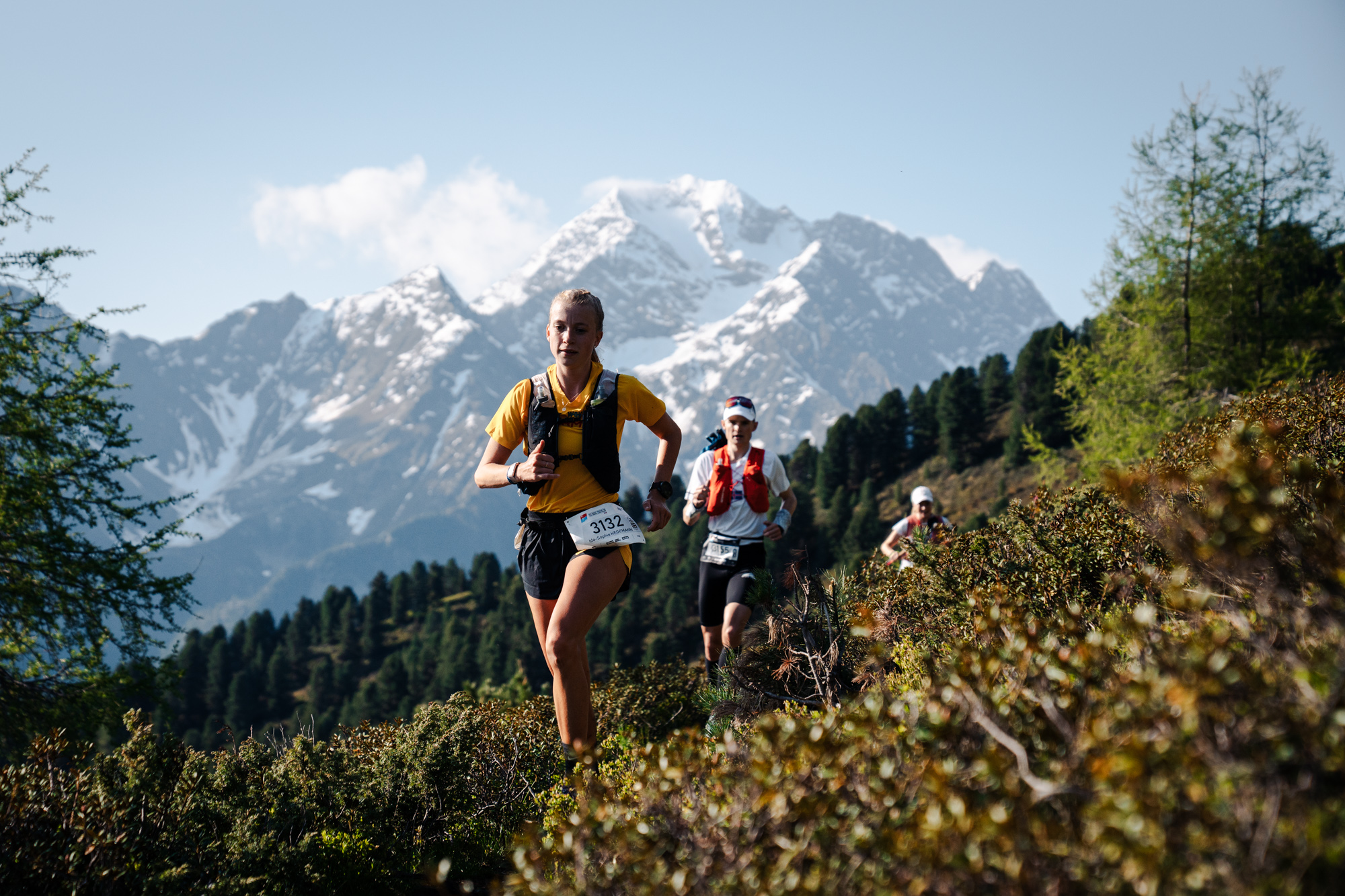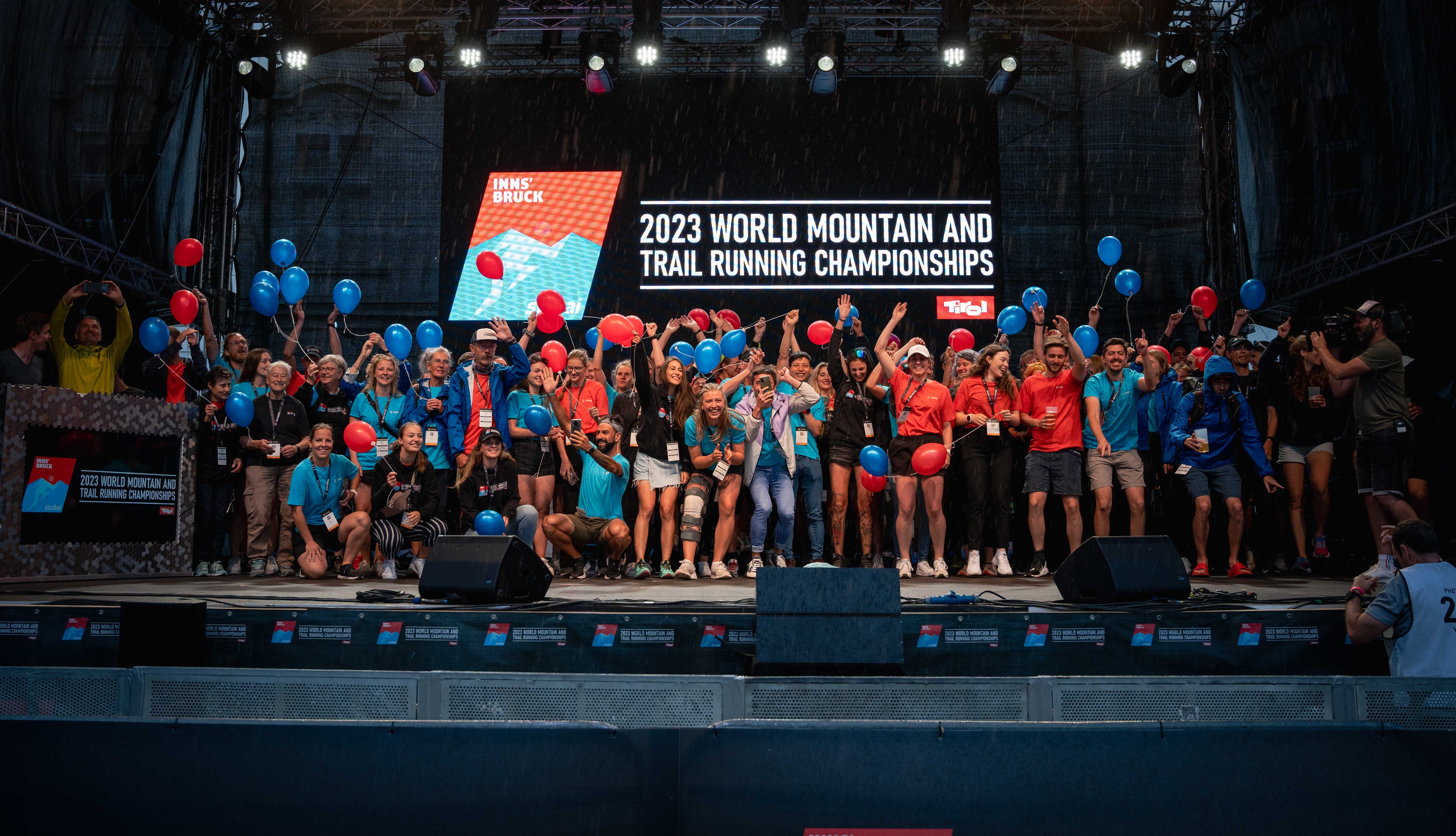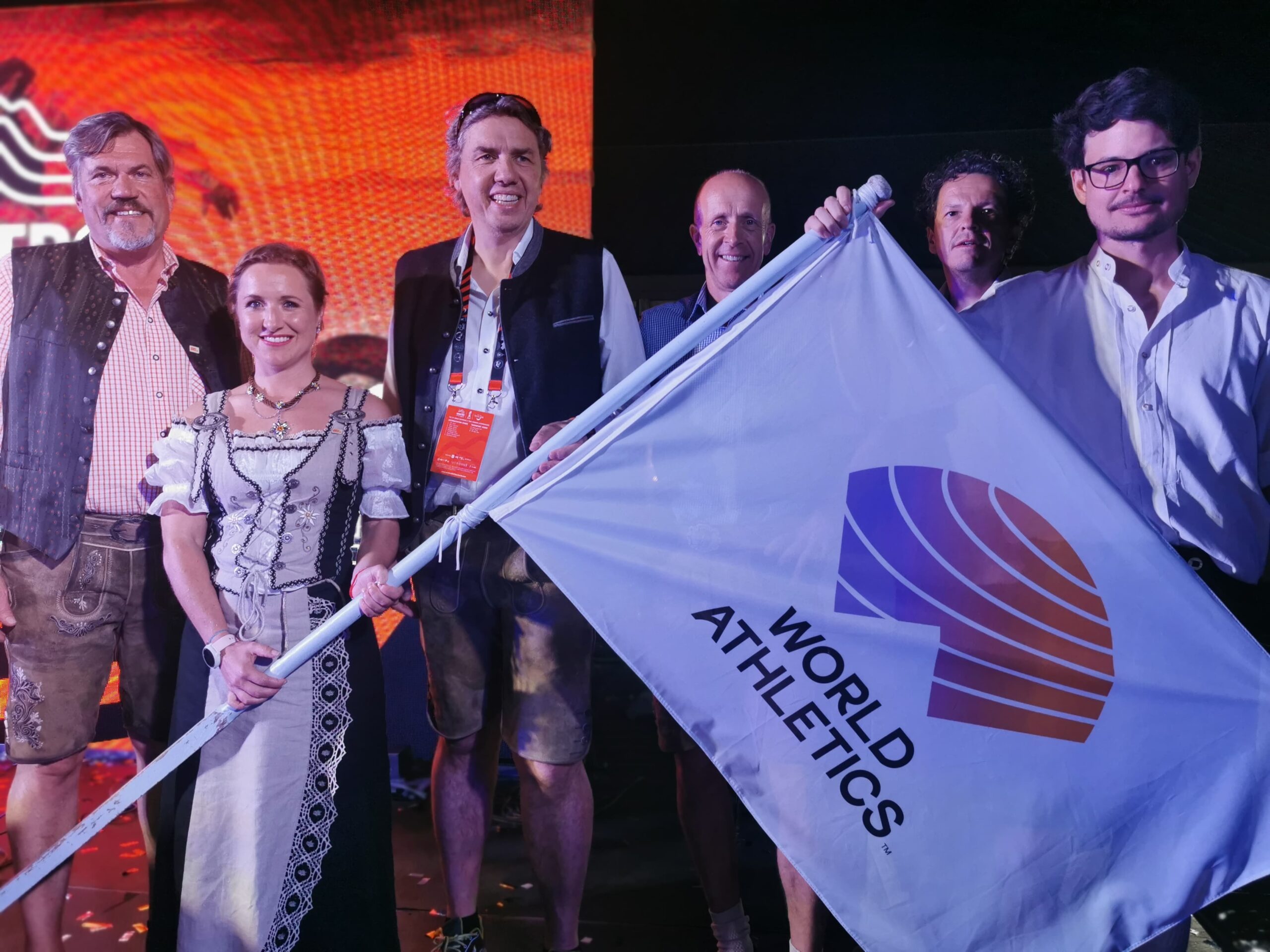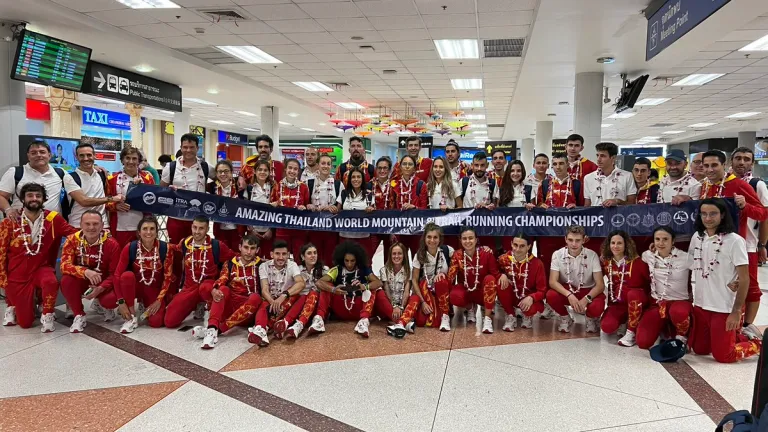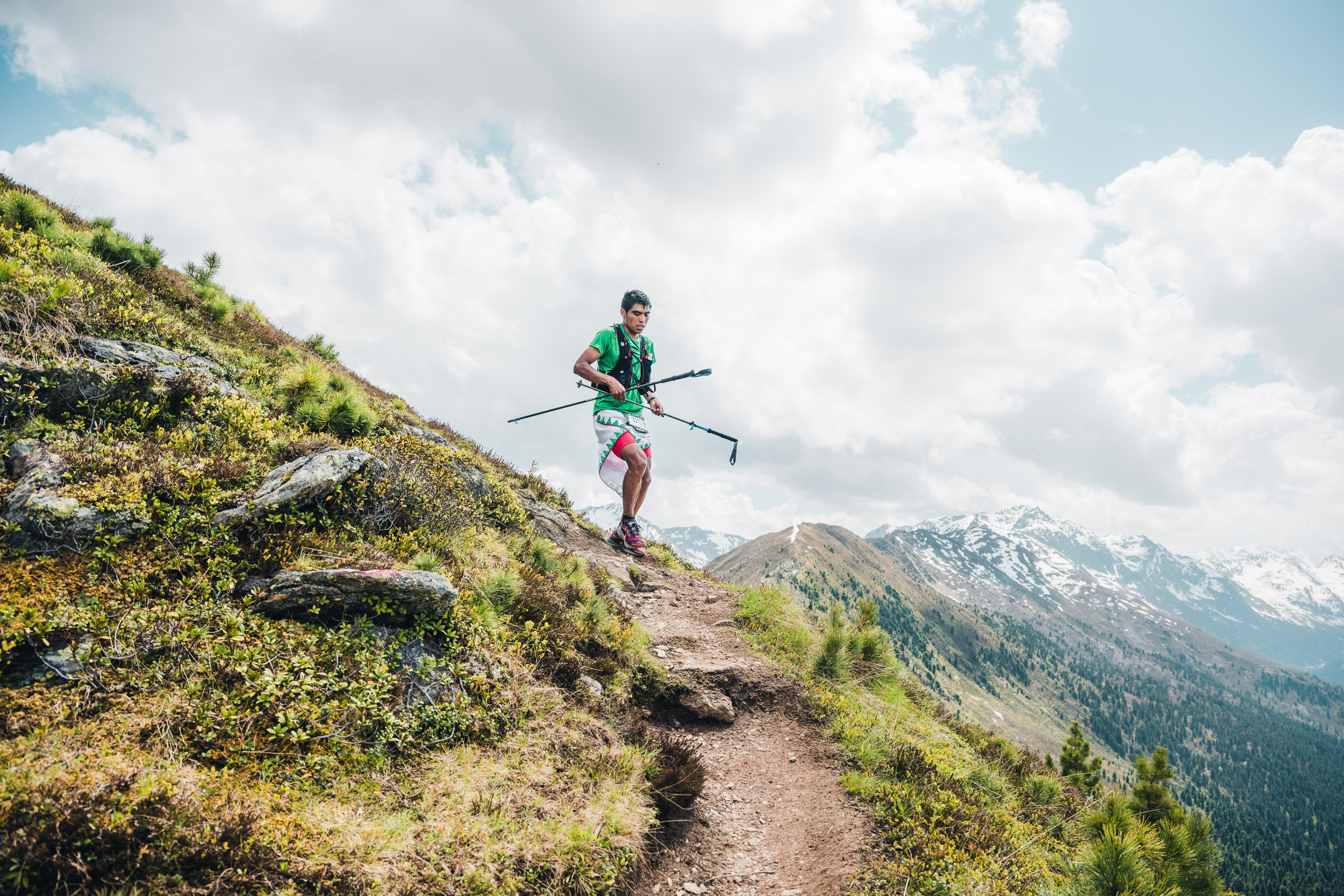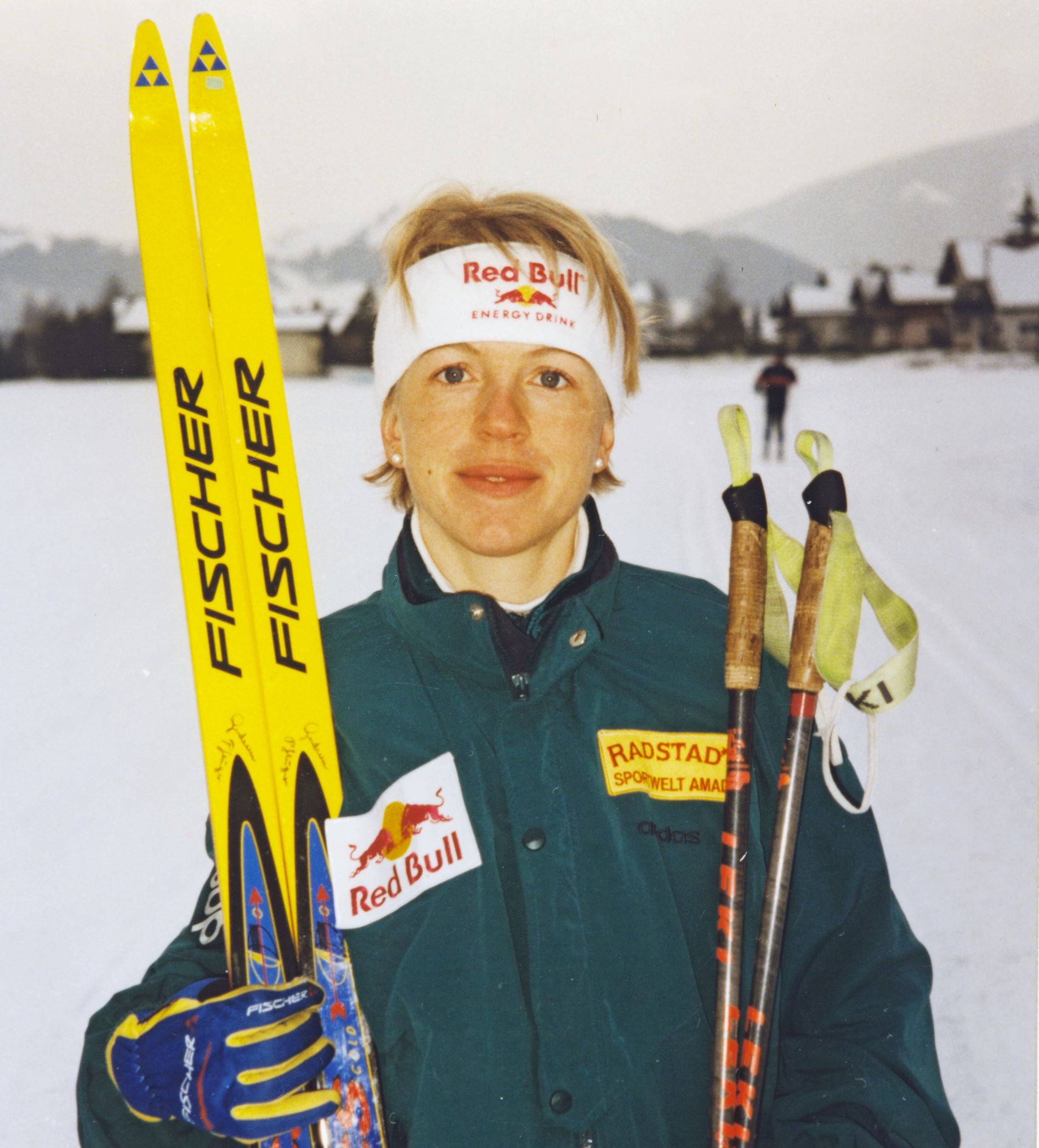For Sarah Rowell, treasurer at the World Mountain Running Association (WMRA) and once a world leader in road running and mountain running, the definitions of the two are merging. According to her, the drive towards the Olympics has already started.
World class on the road and in the mountains, one-time Olympic participant, individual medalist at the World Mountain Running Championships, sports scientist, book author and current treasurer at the World Mountain Running Association (WMRA) - all these terms describe the Englishwoman Sarah Rowell. Her German is the only thing that cannot keep up with her successes, even though she grew up in Hostert in Germany, a small town in North Rhine-Westphalia, where the neighboring communities have such sounding names as Kirspelwaldniel and Eschenrath. “My father was there for a few years working, but I never really learned German,” Rowell says.
Rather, she has learned to run. Literally. At the age of 20, she ran the 1983 London Marathon in 2:39:11 hours. Just two years later, she beat that time by more than eleven minutes to 2:28:06 at the same venue. In between came marathon gold at the World Student Games (Universiade) in Edmonton, Canada, and a participation at the 1984 Olympic Games in Los Angeles. But then her left leg began to cause problems. “I started getting cramps and the leg wouldn’t work properly anymore, especially on smooth, flat terrain,” Rowell recalls. Even several operations couldn't fix it. So she went looking for alternatives. Then, the sports scientist's job took her to the north of England. “And that is where I started running up mountains.” The leg kept up with that, resulting in a fourth place at her first attempt in Chatillon-en-Diois, 1989, followed by a fifth place in Telfes 1990 and the silver medal two years later in Susa (Italy).
Today she is the WMRA’s treasurer: “I do it because I care for the discipline and it allows me to give something back to the sport and to future generations of athletes – and of course I love being in the mountains.” Many years after her active career, she still has an athlete's view of the sport. “Mountain running and trail running are one discipline of athletics to me. The definitions often merge, after all. For example: In mountain running, there used to be a long-distance competition over 40 to 44 kilometers. In trail running there is the Trail Short over a similar distance,” Rowell says and laughs. “One year athletes will run the Mountain Classic and the next year it will be the Trail Short. Except for distances and a few rules regarding mandatory equipment, it's the same sport.”
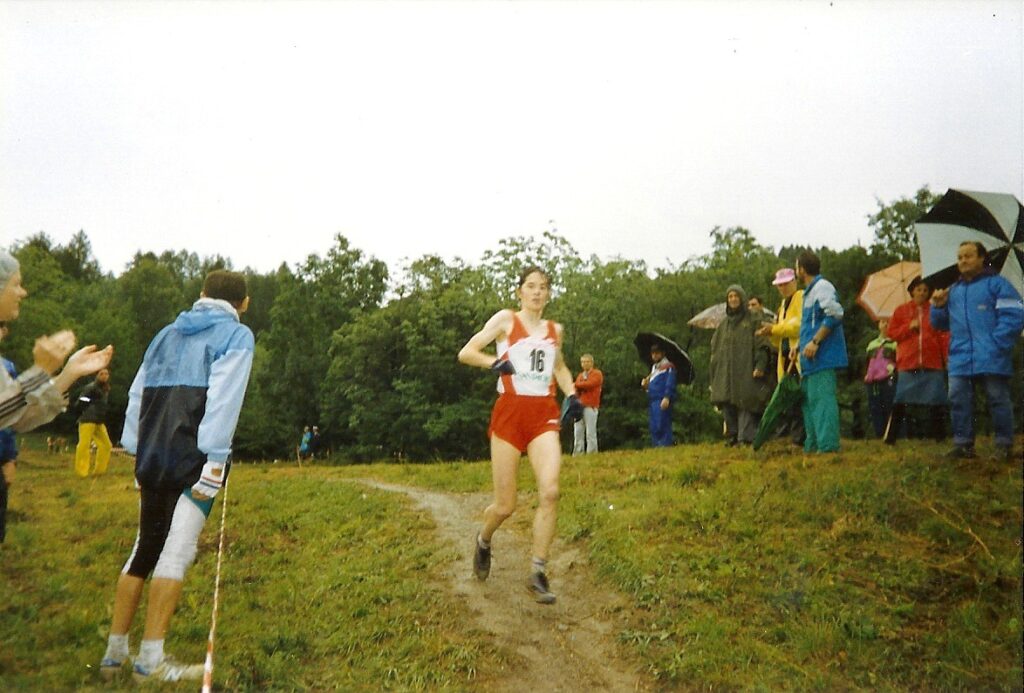
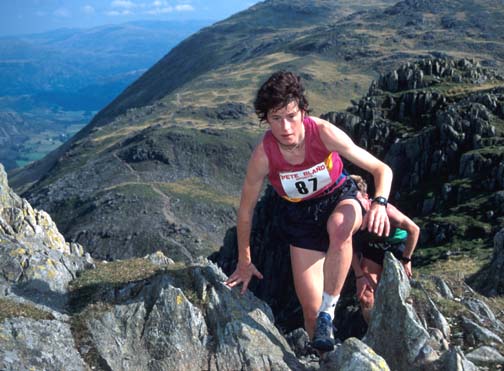
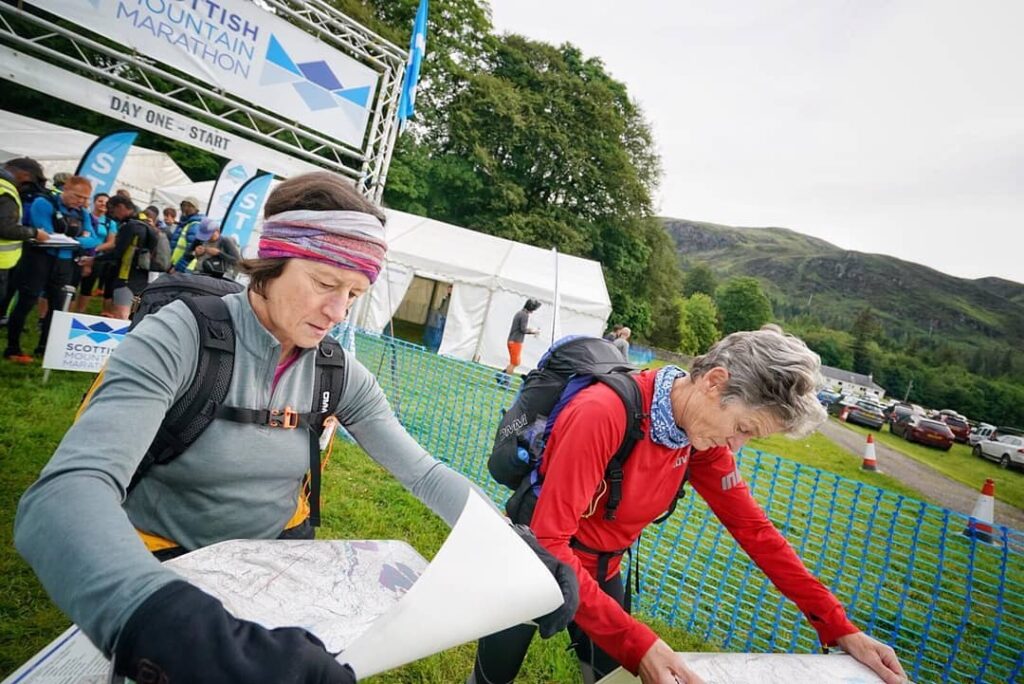
She is therefore particularly pleased that the first World Mountain and Trail Running Championships (WMTRC) in Thailand in November 2022 were a success and she is looking forward to Innsbruck-Stubai even more. “It's classic, beautiful alpine terrain, technical but fast running.” The joint championships also raise public awareness. “The best runners should get the same attention and the same reward as the best road runners,” Rowell says. Because there is no scheduling conflict with the European Mountain Running Championships this year (the two events are normally held in alternate years but were both held in 2021 as the WMTRC was delayed a year due to Covid), the World Mountain and Trail Running Championships in Innsbruck-Stubai will be even bigger. “There are 1,500 runners from more than 65 nations and we will see many of the top stars participating.” To this end, she is full of praise for the organizing team as well as the routes through Innsbruck, passing right by the fans, but also the trails and mountain sections. “The only thing we still have to keep our fingers crossed for is the weather,” says Rowell, after all, it can change very quickly in high alpine terrain. “Bad weather is not even the problem, but hopefully we won't have to change courses or even stop races.”
And the future of mountain and trail running? Will it lie in the inclusion in the Olympic program? “The train has already started and I think that despite any reservations regarding the spirit a happy medium is possible - you can see that with snowboarders, skateboarders and surfers. On the one hand, no one has to participate in the Olympics. And on the other hand, the international federations are responsible for maintaining the spirit.”
Rowell herself keeps running, of course. Less in classical competitions than in the “mountain marathons” that are popular in Great Britain, races that last two days and require participants to sleep in their own tents. She sits on her bike a lot, goes swimming or climbing. “And I do orienteering. Because you can always get better at map reading, even if you can't run that fast anymore.”
In June she is going to attend the World Mountain and Trail Running Championships in Innsbruck-Stubai. “I am hoping to arrive several days before the kick-off so I can explore the area a bit.” In running shoes, of course.
